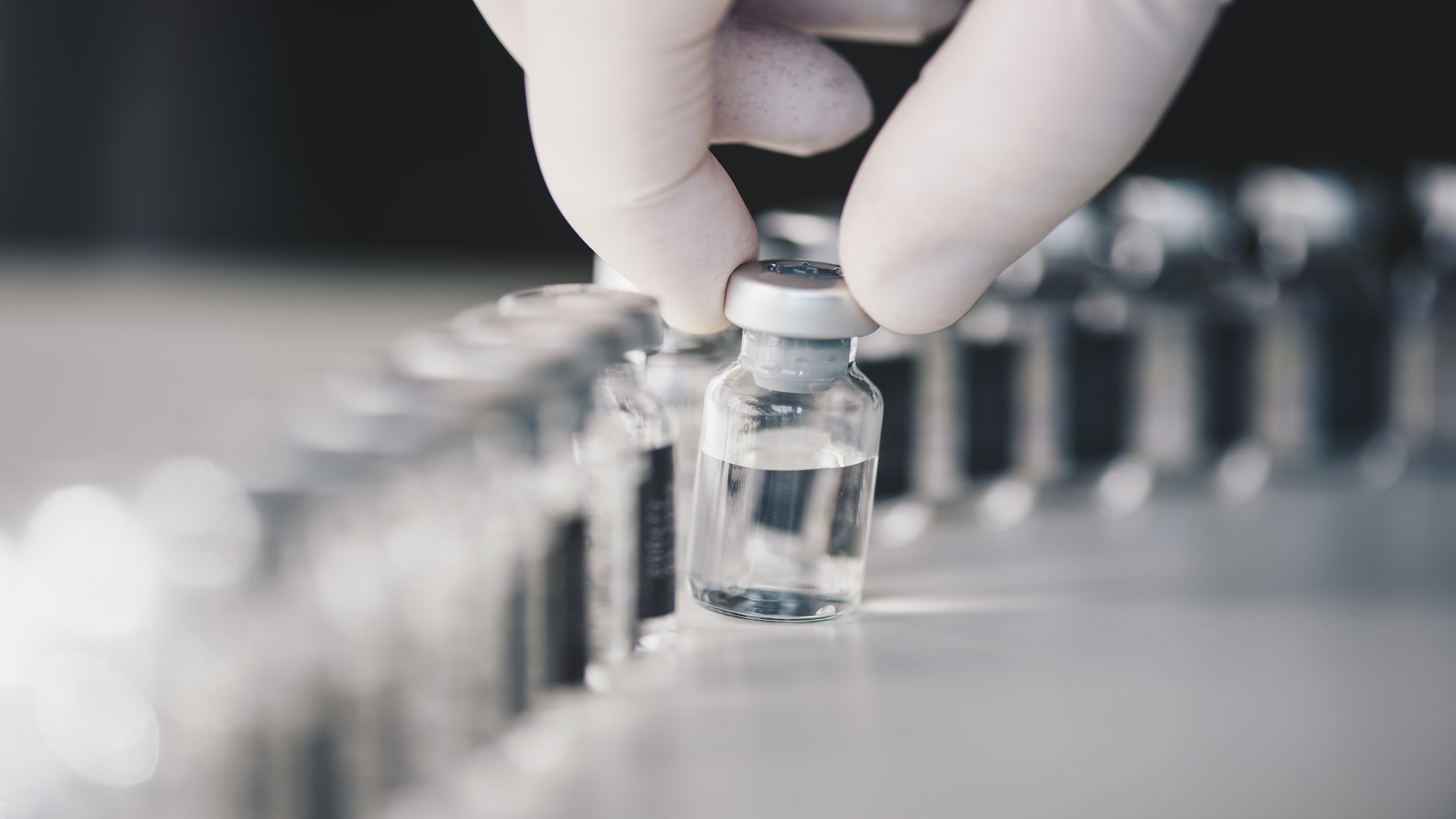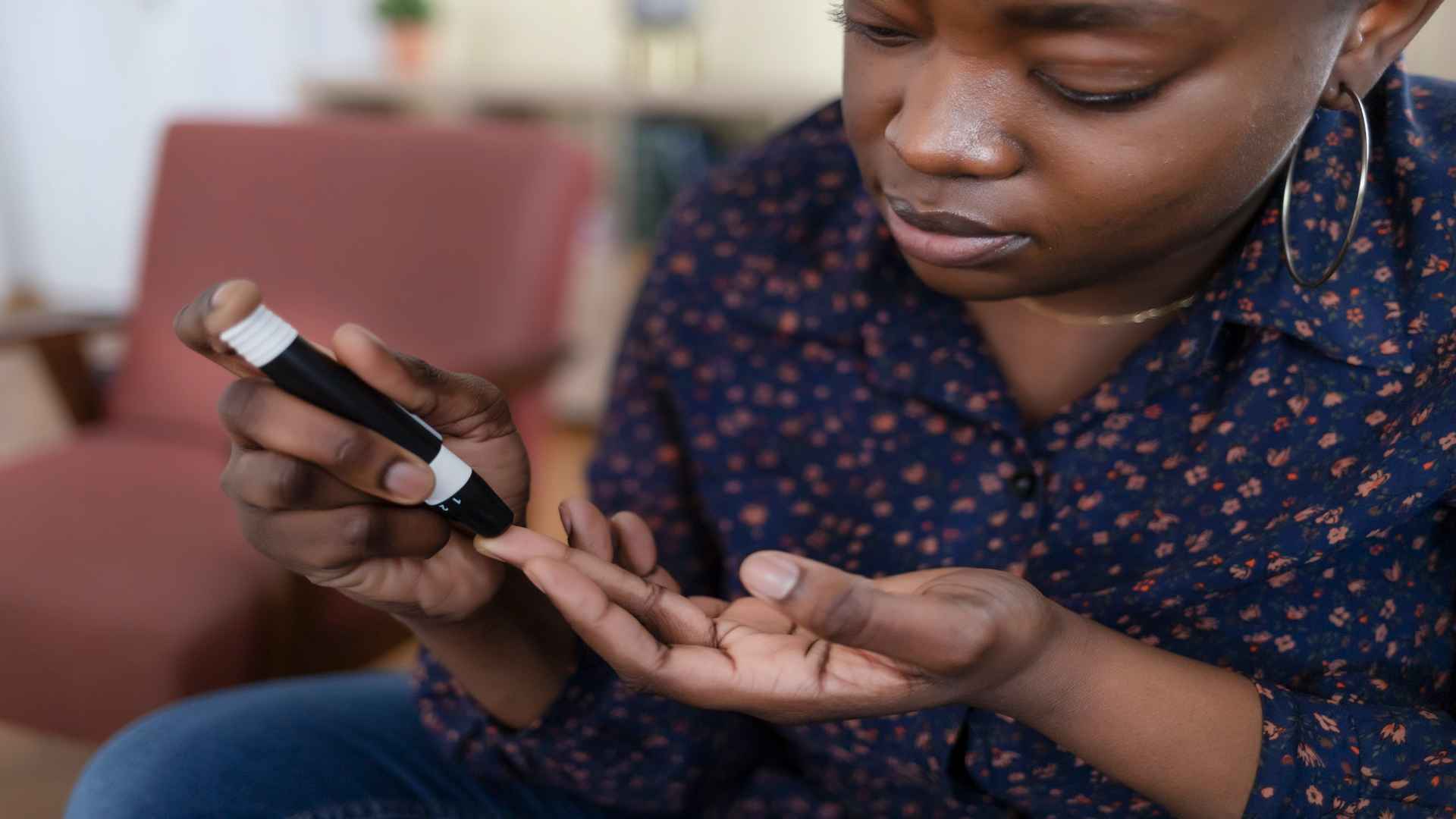| | | | | | | Presented By PhRMA | | | | Axios Vitals | | By Tina Reed · Sep 07, 2022 | | Good morning, Vitals readers. Today's newsletter is 859 words or a 3-minute read. Situational awareness: U.S. health officials said COVID-19 vaccines will likely become a yearly occurrence, like the annual flu shot, Axios' Jacob Knutson writes. | | | | | | 1 big thing: Commercializing COVID likely means more out-of-pocket costs |  | | | Illustration: Brendan Lynch/Axios | | | | Sometime in the next few months, Americans will no longer have the same free access to government-funded COVID tests, treatments and vaccines, Axios' Caitlin Owens writes. - Those tools will move to the private sector — and likely be subject to the same access and affordability issues found in the rest of the health care system.
Why it matters: After two-plus years of being the exception to the rule, COVID will start being handled like any other disease. Billions of dollars shouldered by taxpayers will transfer to patients via their premiums and out-of-pocket costs. Driving the news: HHS hosted a stakeholder meeting last week on the commercialization process for vaccines and therapeutics. - "Our goal is to transition procurement and distribution of COVID-19 vaccines and therapeutics from a federally managed system to the commercial marketplace in a thoughtful, well-coordinated manner that leaves no one behind," HHS assistant secretary for preparedness and response Dawn O'Connell wrote in a blog post.
- The federal government anticipates running out of money to purchase and distribute vaccines as early as January, O'Connell wrote, and expects the federal supply of therapeutics to be depleted throughout 2023. When stockpiles run dry, it'll transition these products into the private market.
- One therapeutic — Eli Lilly's monoclonal antibody treatment — has already gone commercial at a list price of $2,100 per dose, per WSJ.
Of note: The federal government prohibits some forms of cost-sharing while the public health emergency is in place. - Once that lifts, so do these rules (although not for around a year in the Medicaid program). The timing could coincide with when federal supplies run out.
- "Once the PHE ends, some of these rules that are currently in place will also end, and the increased cost sharing will take effect somewhat immediately," said KFF's Jennifer Tolbert.
Go deeper. |     | | | | | | 2. UnitedHealth Group, Walmart ink partnership |  | | | Photo: Dawn Villella/Bloomberg via Getty Images | | | | Walmart and UnitedHealth Group announced a 10-year partnership to deliver care to seniors on Medicare Advantage plans, the companies announced this morning. Why it matters: As two of the biggest players in their respective sectors, their moves could ultimately impact millions of seniors. The details: Starting January 2023, they will begin offering a co-branded Medicare Advantage plan to seniors in Georgia. - They will also collaborate at 15 Walmart Health locations in Florida and Georgia to offer a value-based care model using decision support tools and analytics from UnitedHealth subsidiary Optum to seniors in private Medicare plans.
- Walmart has also partnered with Clover Health to offer Medicare Advantage plans.
What they're saying: "At its core, we are bringing our value-based care expertise — our analytics and decision support tools, as an example — to the collaboration," Dan Schumacher, UnitedHealth Group's chief strategy and growth officer, told Axios. - "Walmart, of course, brings their expansive footprint, their focus on affordable products and services and their trusted consumer brand," he said.
What else: UnitedHealth Group will also offer Walmart Health Virtual Care as an in-network option to about 20 million PPO plan members. |     | | | | | | 3. Profiting through donations to patient charities |  | | | Illustration: Sarah Grillo/Axios | | | | Drug manufacturers may have profited from donating to charities that help patients pay for costly medicines, Axios' Victoria Knight writes about a new Health Affairs study. Why it matters: The federal anti-kickback statute is supposed to prevent manufacturers from realizing financial gains when they help subsidize patients' drug copays. Driving the news: Researchers analyzed the drug spending of more than 3 million Medicare Advantage enrollees in 2010 and 2017, along with data on conditions and drugs covered by patient assistance charities. - While drug companies can't make illegal inducements, they can send money to patient assistance charities and ask that the funds be used to treat certain conditions, including ones only they and select other companies have a treatment for.
- For example, the researchers found 99.6% of drug spending in 2017 to treat short-bowel syndrome was directed at Takeda's drug Gattex, which when initially launched in 2013 was priced at $300,000 per year. Soon after the FDA approved Gattex, a fund was set up specifically to help patients with the condition. Now, GoodRx estimates the drug costs almost $43,000 per month.
- "Manufacturers could effectively assist in the purchase of their own medications by contributing to condition-specific charities," the authors wrote.
|     | | | | | | A message from PhRMA | | Improving access to life-saving medicine | | |  | | | | Insurance companies and PBMs don't pay full price for insulin. So why do patients? Rebates, discounts and other payments from manufacturers lower the cost of insulins by more than 80% on average — but insurers and PBMs usually don't share these discounts directly with patients. Stand up for patients. | | | | | | 4. Data du jour |  Data: CDC; Chart: Axios Visuals Nearly 22% of all U.S. adults received some form of mental health treatment in 2021, up from about 19% just two years earlier, new data from the CDC's 2019–2021 National Health Interview Survey shows. - The increase was largely driven by a five-point jump in the percentage of adults ages 18 to 44 who either took medication for mental health or received counseling or therapy.
Why it matters: The uptick corresponds with the start of the COVID-19 pandemic, which has been linked to widespread mental distress. - It also corresponds with increasingly open discussion and acceptance in pop culture and sports when it comes to mental health challenges.
|     | | | | | | 5. Catch up quick | | 🚭 Juul has settled one of its major legal threats, agreeing to a $438.5 million deal over its sales and marketing practices related to teen vaping. (Axios) 👀 Elizabeth Holmes, the disgraced former CEO of the blood-testing startup Theranos, is asking for a new trial, citing "newly discovered evidence." (Yahoo Finance) 🫁 Organ transplants are up, but the agency in charge is under fire (KHN) |     | | | | | | A message from PhRMA | | Health savings for patients, not middlemen | | |  | | | | Rebates and discounts from manufacturers lower the cost of insulins by more than 80% on average — but insurers and PBMs usually don't share these savings directly with patients. Next steps: Fix harmful insurance practices and lower out-of-pocket patient costs. Here's what you should know. | | |  | | Why stop here? Let's go Pro. | | | | | | Axios thanks our partners for supporting our newsletters. If you're interested in advertising, learn more here.
Sponsorship has no influence on editorial content. Axios, 3100 Clarendon Blvd, Arlington VA 22201 | | | You received this email because you signed up for newsletters from Axios.
Change your preferences or unsubscribe here. | | | Was this email forwarded to you?
Sign up now to get Axios in your inbox. | | | | Follow Axios on social media:    | | | | | |








No comments:
Post a Comment